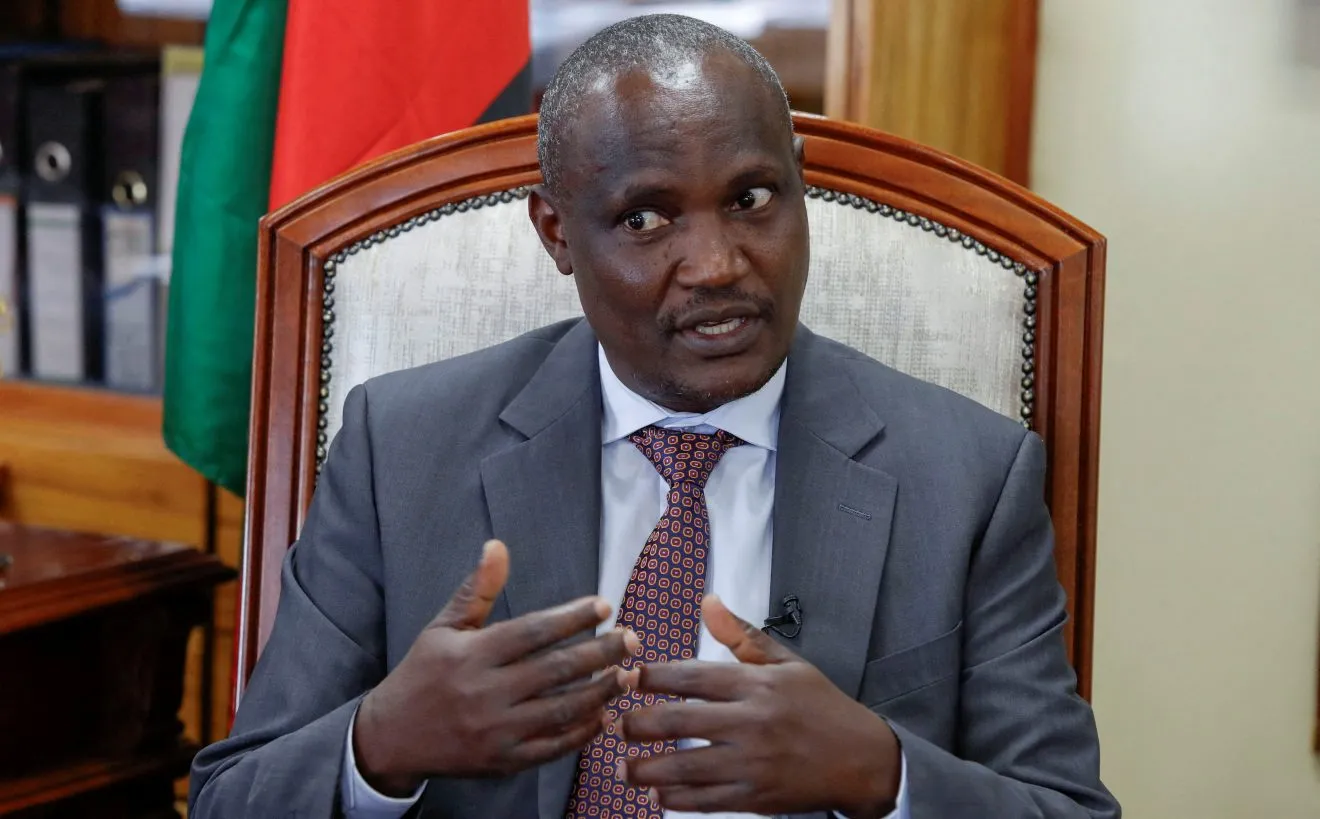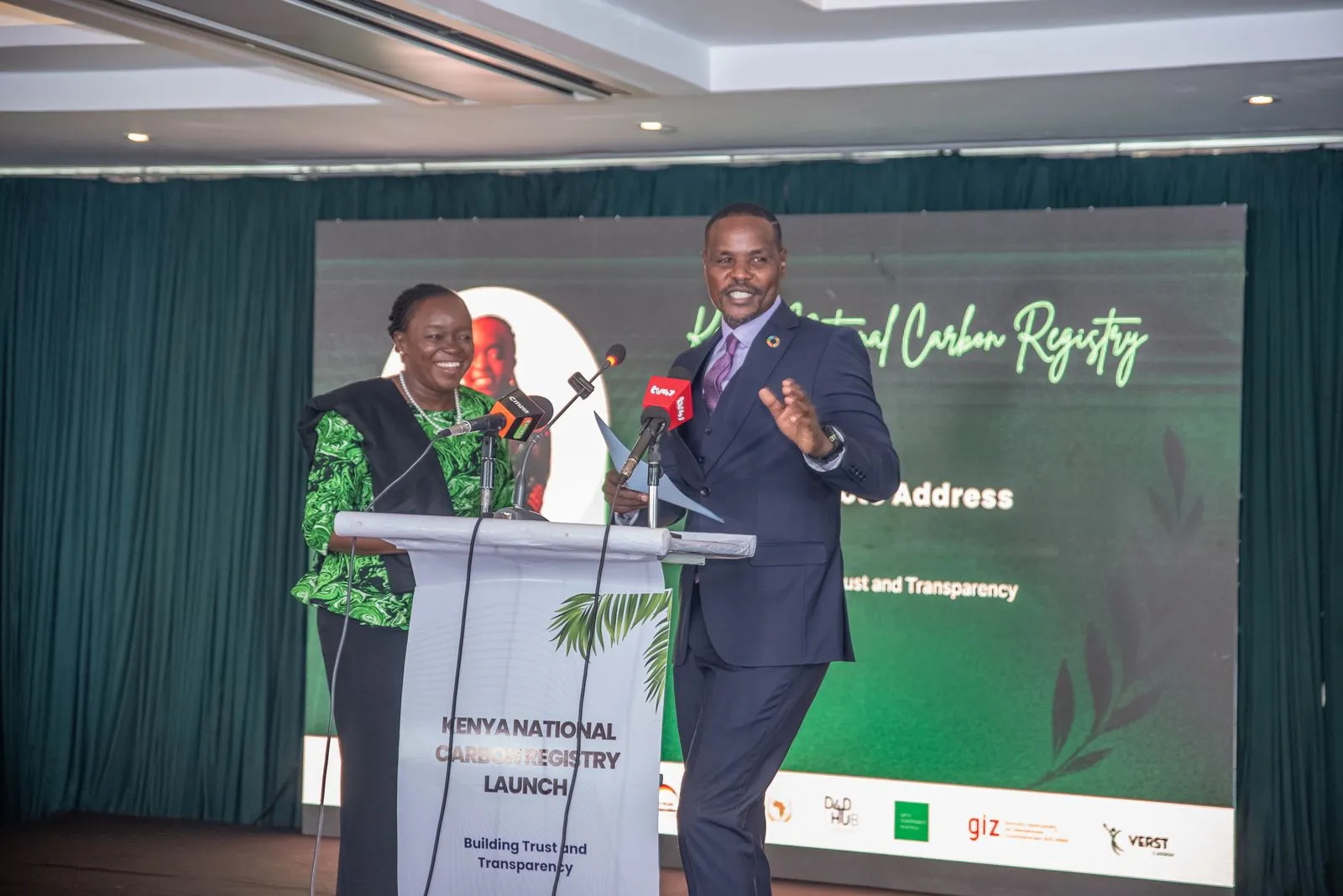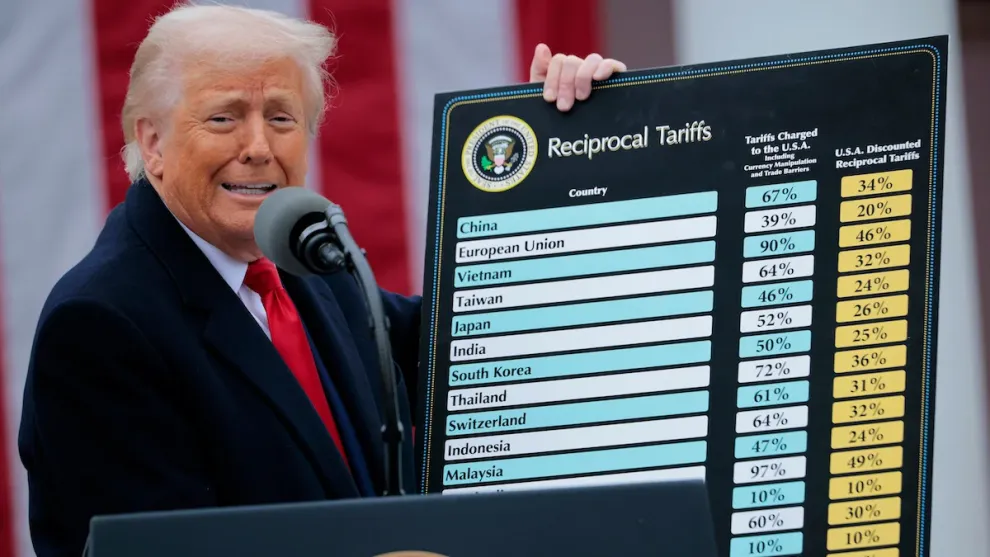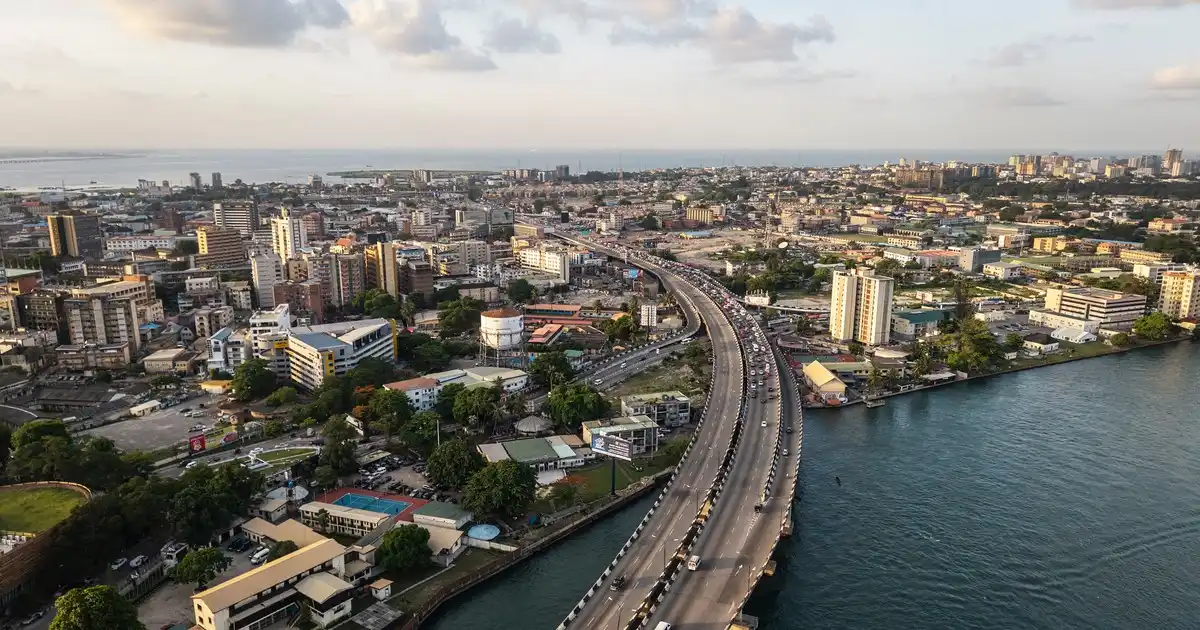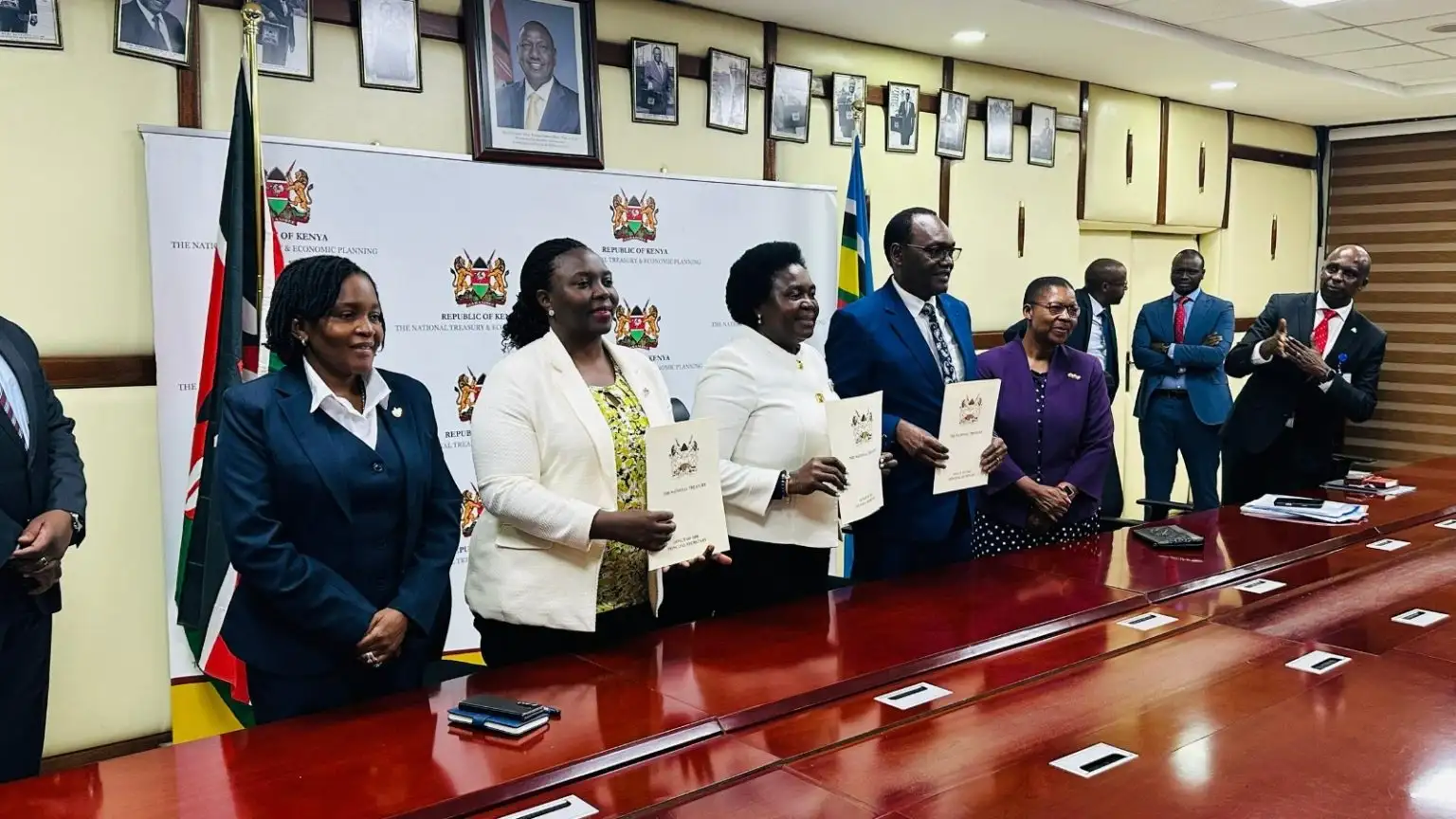Kenya and the International Monetary Fund (IMF) have reached a significant turning point in their economic engagement as formal talks on a new lending programme commence. This development comes after both sides mutually agreed to forgo the ninth review of the current $3.6 billion programme under the Extended Fund Facility (EFF) and Extended Credit Facility (ECF). The new discussions are taking place amid mounting concerns over Kenya’s rising debt-servicing costs, a borrowing spree over the past decade, and persistent macroeconomic challenges that have strained the nation’s public finances.
A Critical Juncture in Kenya’s Economic Journey
Background and Context
Kenya’s economy, one of the largest in sub-Saharan Africa, has been navigating turbulent waters in recent years. The country’s borrowing over the past decade was aimed at financing large infrastructure projects and bridging fiscal deficits. However, this approach has resulted in a steep increase in debt-servicing costs, pushing Kenya’s debt-to-GDP ratio to 65.7% as of June last year—well above the 55% threshold generally considered sustainable by international standards.
The current IMF programme, initiated in April 2021, was designed to stabilize the economy and provide a framework for structural reforms. Yet, its implementation has faced several setbacks, including the fallout from deadly anti-tax hike protests last year and controversies surrounding new borrowing arrangements with the United Arab Emirates. These factors have eroded public confidence and complicated the government’s efforts to secure a seamless transition to a new financing arrangement.
The Abandonment of the Ninth Review
At the heart of the recent developments is the decision to cancel the planned ninth review of the existing programme. Haimanot Teferra, the IMF’s mission chief, stated at the conclusion of her visit to Nairobi that “the Kenyan authorities and IMF staff have reached an understanding that the ninth review under the current Extended Fund Facility and Extended Credit Facility programs will not proceed.” This move effectively signals a pause in the current programme’s oversight mechanism, making way for fresh negotiations on a new deal that reflects Kenya’s evolving economic realities.
The IMF has since received a formal request for a new programme from the Kenyan government, setting the stage for a comprehensive dialogue aimed at addressing persistent structural imbalances and ensuring long-term economic stability.
Challenges Fueling the Need for a New Programme
Rising Debt Servicing Costs
One of the most pressing issues confronting Kenya today is the ballooning cost of debt servicing. The nation’s recent borrowing spree, which aimed to finance infrastructure and social spending, has resulted in steep interest payments that are beginning to crowd out essential public services. Finance Minister John Mbadi has acknowledged this predicament, emphasizing that without continued external support and robust fiscal reforms, Kenya’s economic recovery could be jeopardized.
The rising cost of servicing debt has forced the government to re-examine its spending priorities and look for alternative sources of financing. The new IMF programme is expected to come with conditionalities that will compel Kenya to adopt stricter fiscal discipline, improve revenue collection, and implement structural reforms aimed at boosting economic growth.
Impact of Domestic Unrest and External Borrowing Controversies
The implementation of the current IMF programme has been further hampered by domestic challenges. Last year, deadly anti-tax hike protests underscored the volatility of public sentiment over fiscal policies. Such protests not only disrupt economic activity but also signal underlying dissatisfaction with government policies. The protests have intensified scrutiny of Kenya’s fiscal management and raised questions about the sustainability of its policy framework.
Additionally, a row over new borrowing from the United Arab Emirates added another layer of complexity. Critics argued that the borrowing was inconsistent with Kenya’s broader macroeconomic strategy and could further exacerbate the nation’s debt burden. This controversy has contributed to a climate of uncertainty that has made the authorities eager to reset the agenda with a new, well-structured financing programme.
Structural Reforms and Policy Imperatives
For the new IMF programme to succeed, it will need to address several long-standing structural issues. Analysts point out that Kenya must focus on several key areas:
- Revenue Mobilisation: Enhancing tax collection efficiency, reducing leakages, and broadening the tax base are essential to increase government revenue without stifling growth.
- Expenditure Rationalisation: The government will need to reassess its spending priorities, cutting non-essential expenditures while protecting social services and public investment in critical infrastructure.
- Governance and Transparency: Improving public financial management and curbing corruption are crucial for restoring investor confidence and ensuring that borrowed funds are used effectively.
- Economic Diversification: While infrastructure development has been a priority, diversifying the economy to reduce reliance on a few sectors can help mitigate future economic shocks.
The upcoming talks with the IMF are expected to explore these areas in depth, with the aim of crafting a new programme that is both responsive to Kenya’s immediate needs and aligned with long-term sustainable growth.
The Role of the IMF and Historical Engagement
A Longstanding Partnership
Kenya’s engagement with the IMF is not new. The country has benefited from multiple rounds of IMF support over the years, which have helped stabilize its economy during periods of crisis. Historically, these programmes have been pivotal in restoring macroeconomic stability, improving fiscal management, and fostering structural reforms. However, the current environment—characterised by higher global interest rates, inflationary pressures, and significant debt levels—requires a fresh approach.
The new IMF programme discussions come at a time when many emerging markets are grappling with similar challenges. The IMF’s role is not merely that of a creditor but also as a partner in implementing economic reforms that can unlock long-term growth. For Kenya, a renewed programme could mean access to much-needed financial resources, technical assistance, and policy guidance that are essential for navigating the current economic headwinds.
Conditionalities and the Road to Recovery
IMF programmes traditionally come with a set of policy conditions designed to restore fiscal balance and encourage structural reforms. In Kenya’s case, these conditionalities are likely to focus on:
- Fiscal Consolidation: Measures to reduce the fiscal deficit and manage the debt burden will be central to the negotiations.
- Structural Reforms: Initiatives to boost revenue collection, streamline public spending, and improve governance.
- Social Safety Nets: Given the recent unrest and economic hardship, ensuring that vulnerable populations are protected during the transition period will be critical.
- Economic Resilience: Policies aimed at diversifying the economy and reducing exposure to external shocks.
While these conditions can be politically challenging, they are seen as necessary for laying the foundation for sustainable economic recovery. Both the IMF and the Kenyan government will need to work closely to balance the need for fiscal discipline with the imperative to maintain social stability and promote growth.
Domestic Reactions and Regional Implications
Government and Opposition Views
The announcement of the new programme talks has elicited a range of reactions within Kenya. On one hand, government officials and supporters view the move as a pragmatic step towards addressing the country’s mounting fiscal challenges. Finance Minister John Mbadi has reiterated the government’s commitment to securing a financing programme that will help steer the economy back on track. He has also emphasized that the new programme will be accompanied by robust policy reforms aimed at enhancing fiscal transparency and accountability.
On the other hand, opposition voices and civil society groups have expressed concerns over the potential social impacts of the reforms. There is apprehension that stringent fiscal consolidation measures could lead to cuts in public spending on essential services, which may disproportionately affect the most vulnerable segments of society. The challenge for policymakers will be to strike a delicate balance between fiscal austerity and social protection—a balance that is critical for maintaining political stability and public support.
Implications for the East African Region
Kenya’s economic trajectory has significant implications for the broader East African region. As one of the largest economies in the region, Kenya serves as a bellwether for economic trends in East Africa. A successful reform programme could serve as a model for other countries grappling with similar issues, including high debt levels, revenue shortfalls, and the need for economic diversification.
Regional institutions such as the East African Community (EAC) and the African Development Bank (AfDB) are closely monitoring Kenya’s progress. A stable and growing Kenyan economy would not only benefit its citizens but also bolster regional trade, investment, and integration efforts. Conversely, failure to address the current challenges could have a spillover effect, undermining investor confidence and economic stability across the region.
Global Economic Environment and External Factors
The Impact of Global Interest Rates and Inflation
Kenya’s current economic challenges are exacerbated by the global economic environment. With rising global interest rates and persistent inflationary pressures, emerging markets like Kenya are facing higher borrowing costs and increased volatility in capital flows. The new IMF programme will need to factor in these external pressures, ensuring that the country’s fiscal framework is robust enough to withstand global economic shocks.
The international monetary environment is undergoing significant changes, and policymakers worldwide are grappling with the trade-offs between supporting growth and maintaining financial stability. For Kenya, navigating this complex landscape will require a combination of prudent fiscal management and targeted reforms aimed at boosting competitiveness.
Lessons from Other Emerging Economies
Kenya’s situation is not unique. Several emerging economies have recently engaged in intensive dialogues with the IMF to restructure their economic policies amid mounting fiscal pressures. Countries such as Argentina, Turkey, and South Africa have all faced similar challenges in balancing debt sustainability with growth imperatives. Lessons from these experiences underscore the importance of maintaining policy credibility, fostering transparency, and implementing structural reforms that enhance economic resilience.
The Kenyan government is likely to draw on these lessons as it negotiates the terms of the new programme. By adopting a forward-looking approach that addresses both short-term stabilization needs and long-term development goals, Kenya can position itself for a more sustainable economic future.
The Way Forward: Policy Priorities and Strategic Reforms
Enhancing Revenue Collection and Fiscal Discipline
One of the most critical areas for reform is revenue mobilization. Kenya’s tax collection system has long been criticized for inefficiencies and leakages. Modernising tax administration, expanding the tax base, and reducing evasion are essential steps toward increasing government revenues. Digital transformation initiatives, including the adoption of e-tax systems and improved data analytics, could play a pivotal role in this regard.
Implementing a robust framework for fiscal discipline will also be crucial. This involves not only controlling expenditure but also ensuring that public funds are allocated efficiently. The new IMF programme is expected to outline specific targets for fiscal consolidation, with regular monitoring and evaluation mechanisms to track progress.
Strengthening Governance and Transparency
Improving governance and enhancing transparency remain top priorities for the Kenyan government. Addressing corruption and ensuring that public resources are managed responsibly are critical for restoring both domestic and international confidence. Strengthening institutions, enforcing anti-corruption measures, and increasing public access to financial information will be central to the reform agenda.
Enhanced governance measures will not only improve the effectiveness of public spending but also attract greater foreign investment. Investors are increasingly prioritizing countries with transparent and accountable governance frameworks, recognizing that these factors are integral to long-term economic stability.
Diversifying the Economy and Fostering Innovation
To reduce its reliance on volatile revenue streams and external borrowing, Kenya must diversify its economy. The focus on structural reforms should include efforts to promote sectors such as manufacturing, technology, and agribusiness. Diversification will help mitigate risks associated with commodity price fluctuations and global economic downturns.
Innovation will also be a key driver of future growth. By fostering a supportive environment for research and development, entrepreneurship, and technology adoption, Kenya can build a more resilient and competitive economy. The government’s engagement with the IMF is expected to emphasize policies that encourage private sector innovation and public–private partnerships.
Conclusion: Steering Toward a Sustainable Future
The initiation of formal talks between Kenya and the IMF on a new lending programme marks a pivotal moment in the country’s economic trajectory. With the current programme facing significant challenges—rising debt-servicing costs, domestic unrest, and controversies over external borrowing—the need for a comprehensive and forward-looking financing arrangement has never been more urgent.
The new programme represents not only an opportunity for Kenya to stabilize its fiscal situation but also a chance to implement much-needed structural reforms. By enhancing revenue collection, strengthening governance, and diversifying the economy, the country can lay the groundwork for a more resilient and prosperous future.
However, the path forward is fraught with challenges. The balancing act between fiscal consolidation and social protection will require careful policymaking and broad-based support. Moreover, the global economic environment—with its rising interest rates and inflationary pressures—adds an extra layer of complexity to Kenya’s reform efforts.
Despite these hurdles, the renewed engagement with the IMF offers a beacon of hope. Drawing on lessons from other emerging markets and leveraging its strategic position in East Africa, Kenya is poised to implement reforms that can restore macroeconomic stability and spur long-term growth. The success of these efforts will be critical not only for Kenya but also for the broader region, which looks to its largest economy as a model for sustainable development.
As policymakers, industry experts, and international partners closely monitor the unfolding negotiations, there is cautious optimism that a balanced, well-structured new programme can set Kenya on a path to recovery. With the stakes high and the challenges immense, the coming months will be crucial in determining whether the nation can successfully navigate its current crisis and emerge as a more robust, dynamic economy.
In the end, the story of Kenya’s engagement with the IMF is one of resilience, adaptation, and the enduring quest for sustainable development. By embracing necessary reforms and fostering an environment of transparency and accountability, Kenya has the potential to transform its economic challenges into a springboard for future prosperity.
Ready to take your career to the next level? Join our dynamic courses: ACCA, HESI A2, ATI TEAS 7 , HESI EXIT , NCLEX – RN and NCLEX – PN, Financial Literacy!🌟 Dive into a world of opportunities and empower yourself for success. Explore more at Serrari Ed and start your exciting journey today! ✨
photo source: Google
By: Montel Kamau
Serrari Financial Analyst
17th March, 2025
Article, Financial and News Disclaimer
The Value of a Financial Advisor
While this article offers valuable insights, it is essential to recognize that personal finance can be highly complex and unique to each individual. A financial advisor provides professional expertise and personalized guidance to help you make well-informed decisions tailored to your specific circumstances and goals.
Beyond offering knowledge, a financial advisor serves as a trusted partner to help you stay disciplined, avoid common pitfalls, and remain focused on your long-term objectives. Their perspective and experience can complement your own efforts, enhancing your financial well-being and ensuring a more confident approach to managing your finances.
Disclaimer: This article is for informational purposes only and does not constitute financial advice. Readers are encouraged to consult a licensed financial advisor to obtain guidance specific to their financial situation.
Article and News Disclaimer
The information provided on www.serrarigroup.com is for general informational purposes only. While we strive to keep the information up to date and accurate, we make no representations or warranties of any kind, express or implied, about the completeness, accuracy, reliability, suitability, or availability with respect to the website or the information, products, services, or related graphics contained on the website for any purpose. Any reliance you place on such information is therefore strictly at your own risk.
www.serrarigroup.com is not responsible for any errors or omissions, or for the results obtained from the use of this information. All information on the website is provided on an as-is basis, with no guarantee of completeness, accuracy, timeliness, or of the results obtained from the use of this information, and without warranty of any kind, express or implied, including but not limited to warranties of performance, merchantability, and fitness for a particular purpose.
In no event will www.serrarigroup.com be liable to you or anyone else for any decision made or action taken in reliance on the information provided on the website or for any consequential, special, or similar damages, even if advised of the possibility of such damages.
The articles, news, and information presented on www.serrarigroup.com reflect the opinions of the respective authors and contributors and do not necessarily represent the views of the website or its management. Any views or opinions expressed are solely those of the individual authors and do not represent the website's views or opinions as a whole.
The content on www.serrarigroup.com may include links to external websites, which are provided for convenience and informational purposes only. We have no control over the nature, content, and availability of those sites. The inclusion of any links does not necessarily imply a recommendation or endorsement of the views expressed within them.
Every effort is made to keep the website up and running smoothly. However, www.serrarigroup.com takes no responsibility for, and will not be liable for, the website being temporarily unavailable due to technical issues beyond our control.
Please note that laws, regulations, and information can change rapidly, and we advise you to conduct further research and seek professional advice when necessary.
By using www.serrarigroup.com, you agree to this disclaimer and its terms. If you do not agree with this disclaimer, please do not use the website.
www.serrarigroup.com, reserves the right to update, modify, or remove any part of this disclaimer without prior notice. It is your responsibility to review this disclaimer periodically for changes.
Serrari Group 2025












